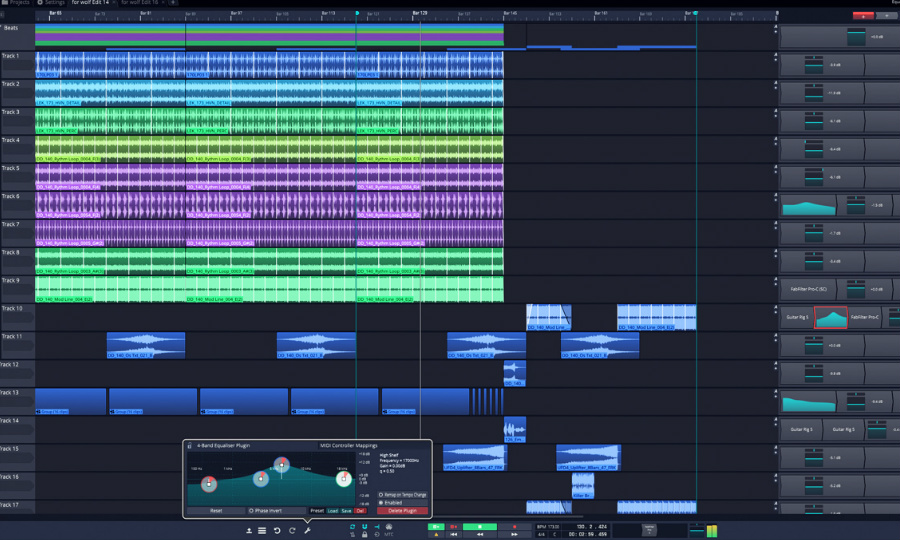

Composers will use a lot of virtual instrument plug-ins but need sample libraries that are based on acoustic orchestras rather than otherworldly tones, and there are options for that.īig plug-in collections are investments in your musical career, but you can opt to make that investment as a single upfront price or try one of the growing number of subscription music software packages. If, on the other hand, you can’t get enough synthesizer sounds or are obsessed with ’80s-esque retro-wave music, there are very synthesizer-focused collections. If you’re in a band and your focus will be on mixing and mastering songs that are mostly recorded from instruments, there are packages that emphasize tone cleaning and sculpting plug-ins over virtual instrument plug-ins. There are some options, like Reason Studios’ Reason, that actually function as both a plug-in and a standalone DAW, but we’re primarily going to look at the best music production software for specific use cases. What to consider when choosing the best music production softwareĪssuming you have DAW software, which is the foundation for production, this guide concentrates on the best music production collections of audio plug-ins to complement that main software.

Fortunately, there are outstanding music-creation software options for every artistic agenda. Are you essentially a one-person show like Tyler, the Creator? Will you stay behind the scenes, mixing and mastering songs for the next Post Malones and Ariana Grandes of the world? What about writing musical scores? All those new Netflix shows aren’t going to compose music for themselves. But producers with a vision should complement their DAW with the best music production software to suit their specific goals. And those DAWs often offer generous toolkits.

The basic setup includes a digital audio workstation (DAW) program for recording and mixing tracks, which may come free with your computer or cost a few bucks. Music and technology are two constants in human society, so it’s fitting that most of today’s artists satisfy their creative drive and the public’s insatiable appetite for sound by making music on computers.


 0 kommentar(er)
0 kommentar(er)
